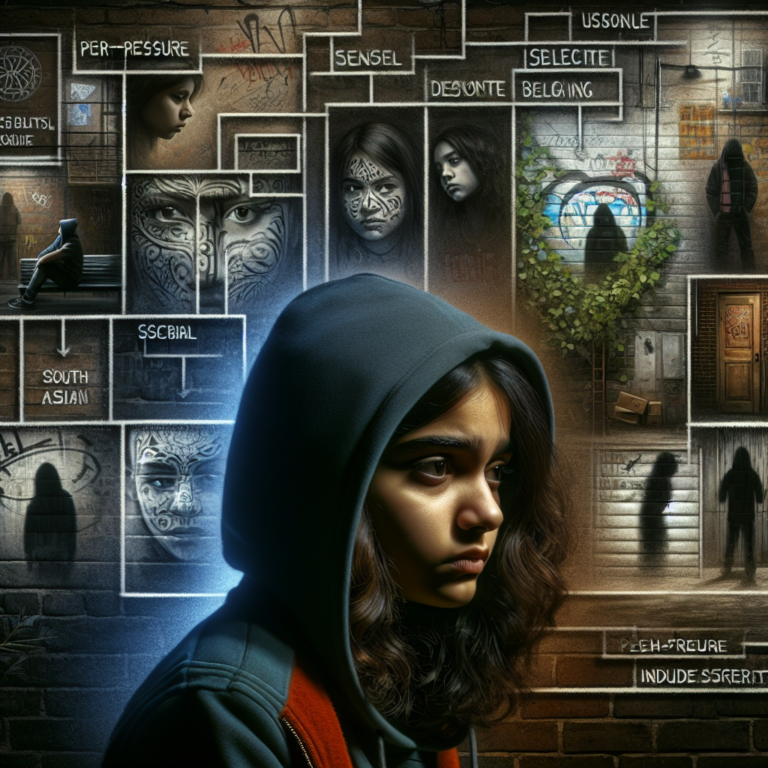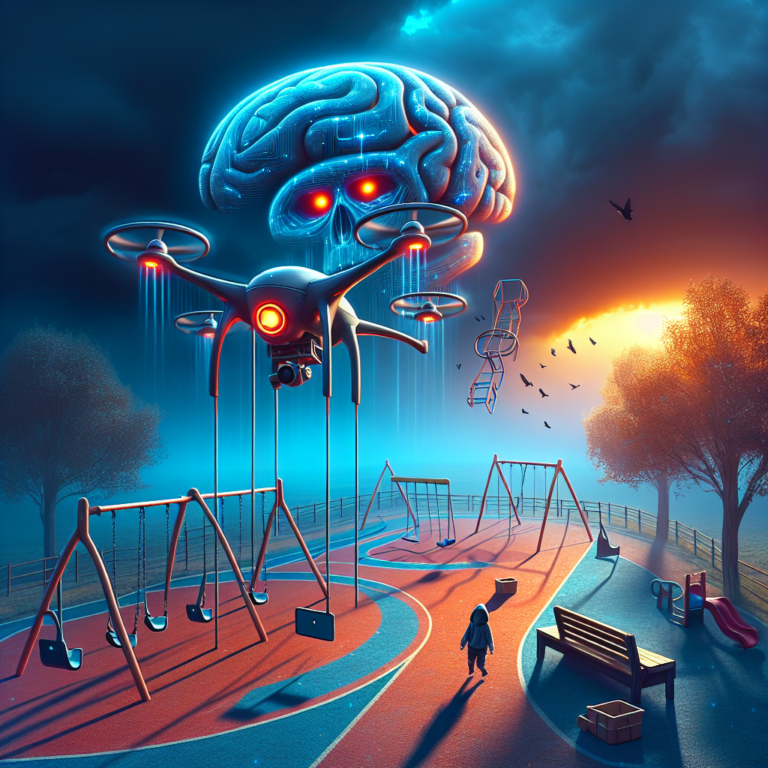
Introduction
Imagine a world where the gap between mental health and criminal justice systems closes, a world where the misfortunes of mental illness do not lead individuals down the path of criminality. This is the crux of understanding the significant topic, When Minds Break: Exploring the Intersection of Mental Illness and Crime.
Mental illness, often stigmatized and misunderstood, can deeply influence behavior. Yet, it is crucial to dissect the nuanced connection between these two realms to foster a compassionate dialogue and promote informed policies. In this article, we delve into the complexities surrounding mental illness and crime, embracing real-world case studies, data analysis, and a hopeful outlook on improving both mental health care and criminal justice.
Understanding Mental Illness
What is Mental Illness?
Mental illness encompasses a broad spectrum of disorders that affect mood, thinking, and behavior. According to the World Health Organization (WHO), mental health is a state of well-being in which every individual realizes their potential can cope with the normal stresses of life, can work productively, and is able to make a contribution to their community. Mental illnesses can disrupt these capabilities.
Prevalence of Mental Illness in Society
Mental disorders are alarmingly common. In the United States alone, around 1 in 5 adults experience mental illness each year. Table 1 illustrates the prevalence of various mental health disorders.
| Disorder Type | Prevalence (%) |
|---|---|
| Anxiety Disorders | 19.1 |
| Mood Disorders | 16.6 |
| Schizophrenia | 1.1 |
| Personality Disorders | 9.1 |
Table 1: Prevalence of Mental Health Disorders in the U.S.
The Societal Stigma
Despite these high prevalence rates, societal stigma continues to shroud mental illness. Often, those suffering feel isolated and misunderstood, which can exacerbate their condition. As we reflect on When Minds Break: Exploring the Intersection of Mental Illness and Crime, it is essential to consider the societal factors that may lead individuals to commit crimes, often driven by desperation or untreated mental disorders.
The Link Between Mental Illness and Criminal Behavior
The Complex Relationship
Mental illness does not inherently lead to criminal behavior. However, certain disorders can increase the likelihood of criminal actions under specific conditions. The nuanced relationship can be better understood through the following factors:
- Severity of Illness: More severe illnesses relating to psychosis may lead to a higher risk of engaging in violent or criminal behavior.
- Substance Abuse: Individuals with mental illnesses are at higher risk of substance abuse, which can exacerbate aggressive or illegal behaviors.
- Social Factors: Environmental conditions, including poverty and lack of support, can contribute to criminal activities among those with mental health issues.
Case Study: The Insanity Defense
One of the most compelling legal defenses in the intersection of mental illness and crime is the insanity defense, where defendants argue that mental illness should absolve them of legal responsibility.
Case Summary: John Hinckley Jr.
In 1981, John Hinckley Jr. attempted to assassinate President Ronald Reagan. His defense argued he suffered from severe mental illness, specifically a delusional disorder. The controversial verdict of not guilty by reason of insanity sparked national debate, weighing the intricacies of mental illness against accountability in criminal actions.
Analysis: This case highlighted how mental illness could lead to profound consequences, emphasizing the need for systematic changes in understanding and responding to such cases in the legal framework.
The Criminal Justice System’s Response
Incarceration vs. Treatment
The traditional penal system often treats mental illness within a punitive framework rather than a therapeutic one. Over 1.2 million individuals with serious mental illnesses are incarcerated in the U.S. jails and prisons, where proper psychiatric care is often lacking.
Mental Health Courts
A promising solution has emerged through the establishment of mental health courts designed to address the unique challenges of defendants suffering from mental illnesses. These courts focus on treatment rather than punishment, allowing individuals the chance to rehabilitate while addressing their mental health needs.
Data Insight: Studies show that participants in mental health courts are less likely to be rearrested than those processed through conventional courts, marking a significant potential for reform.
Case Studies in Mental Illness and Crime
Case Study 2: Andrea Yates
In 2001, Andrea Yates drowned her five children in a bathtub, claiming postpartum depression and psychosis. Initially found guilty, her conviction was overturned in a retrial that focused on her mental state during the crime. In the end, she was ruled not guilty by reason of insanity.
Analysis: Yates’s case emphasized the challenges surrounding mental illness and maternal responsibilities. It raised vital questions about how society understands postpartum mental conditions and called for better maternal mental health resources.
Case Study 3: The Virginia Tech Shooting
In 2007, Seung-Hui Cho carried out a mass shooting at Virginia Tech, killing 32 individuals. Cho had a documented history of severe mental health issues but was able to purchase firearms legally.
Analysis: This tragedy elucidates the critical need for a systematic approach that integrates mental health awareness with gun control measures. It exemplifies the failures of various systems, from mental health support to legal frameworks surrounding firearm possession.
The Role of Treatment and Prevention
Access to Mental Health Care
In understanding When Minds Break: Exploring the Intersection of Mental Illness and Crime, we must address the lack of accessible mental health care. Policies that reduce barriers to treatment can lead to better outcomes for both individual well-being and public safety.
Community Support Programs
Community-based initiatives offer prevention tools that can deflect individuals from the criminal justice system. For instance, programs focusing on early intervention and education in schools can provide critical support.
The Need for Holistic Approaches
Adopting a holistic approach that encompasses mental health awareness, community involvement, and systemic reforms can lead to a positive outcome. These reforms can foster empathy while potentially reducing crime rates associated with untreated mental disorders.
Conclusion
The conversation around When Minds Break: Exploring the Intersection of Mental Illness and Crime underscores an urgent need for societal, systemic, and individual changes. The complexities of mental health deserve compassionate responses rather than condemnation. By facilitating understanding and support, we can help mitigate criminal behaviors resulting from untreated mental illnesses.
Actionable Insights
- Advocate for Mental Health Awareness: Encourage discussions around mental health in your community.
- Support Mental Health Initiatives: Get involved with local organizations that provide support and education.
- Educate Yourself: Stay informed about mental health issues to counter stigma and misrepresentation.
FAQs
1. What types of mental illnesses are most commonly linked to criminal behavior?
While various disorders can manifest in criminal behavior, severe cases of psychosis, bipolar disorder, and those involving substance abuse are often highlighted.
2. How can the justice system better handle cases involving mental illness?
Implementing mental health courts and providing better training for law enforcement can significantly improve outcomes for individuals with mental health issues in the justice system.
3. What are "mental health courts," and how do they work?
Mental health courts are specialized court programs that aim to provide treatment and support for individuals with mental illnesses instead of placing them directly into the penal system.
4. Can early intervention programs really prevent crime?
Yes, programs that focus on early mental health education and intervention can prevent the development of more severe mental health issues that may lead to criminal behavior.
5. How can society reduce stigma around mental illness?
Increasing mental health education, sharing personal stories of recovery, and fostering open dialogues are effective strategies to combat stigma surrounding mental illness.
Through insightful exploration, we can better understand and navigate When Minds Break: Exploring the Intersection of Mental Illness and Crime, ultimately leading to a supportive framework for individuals in need.















